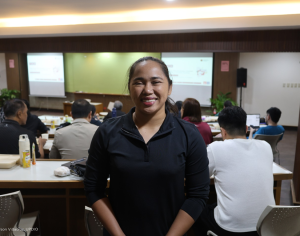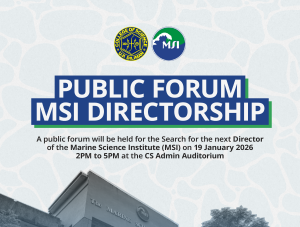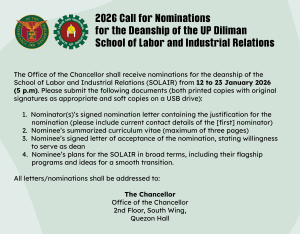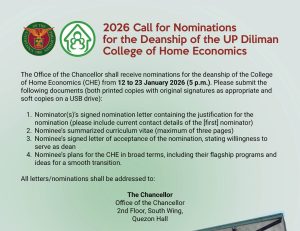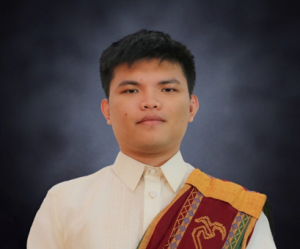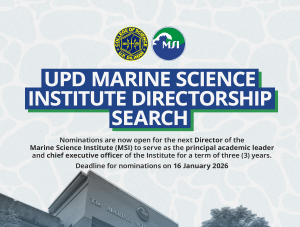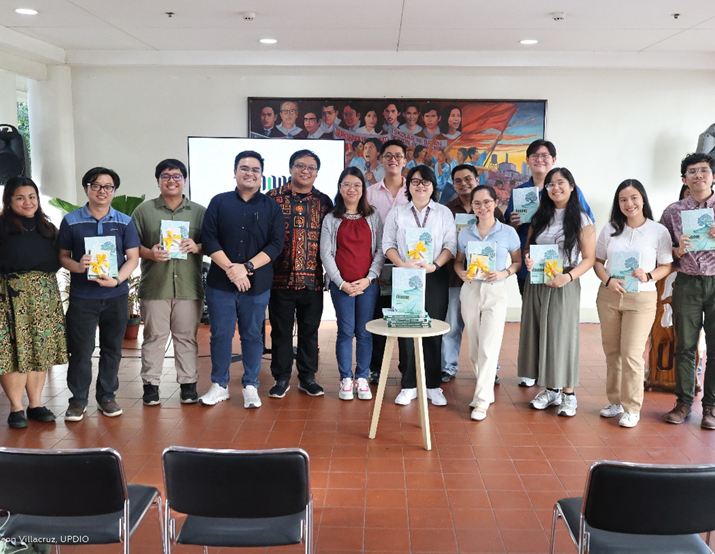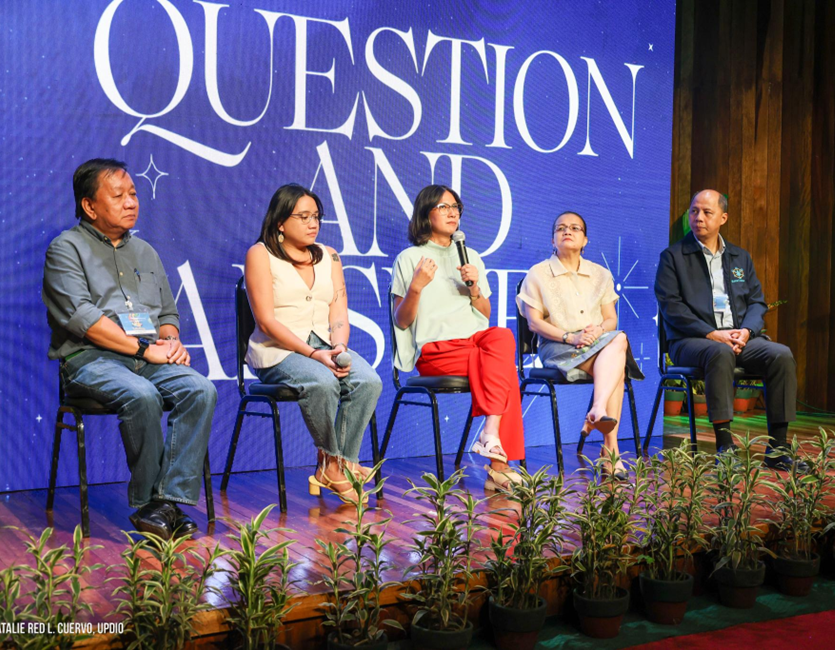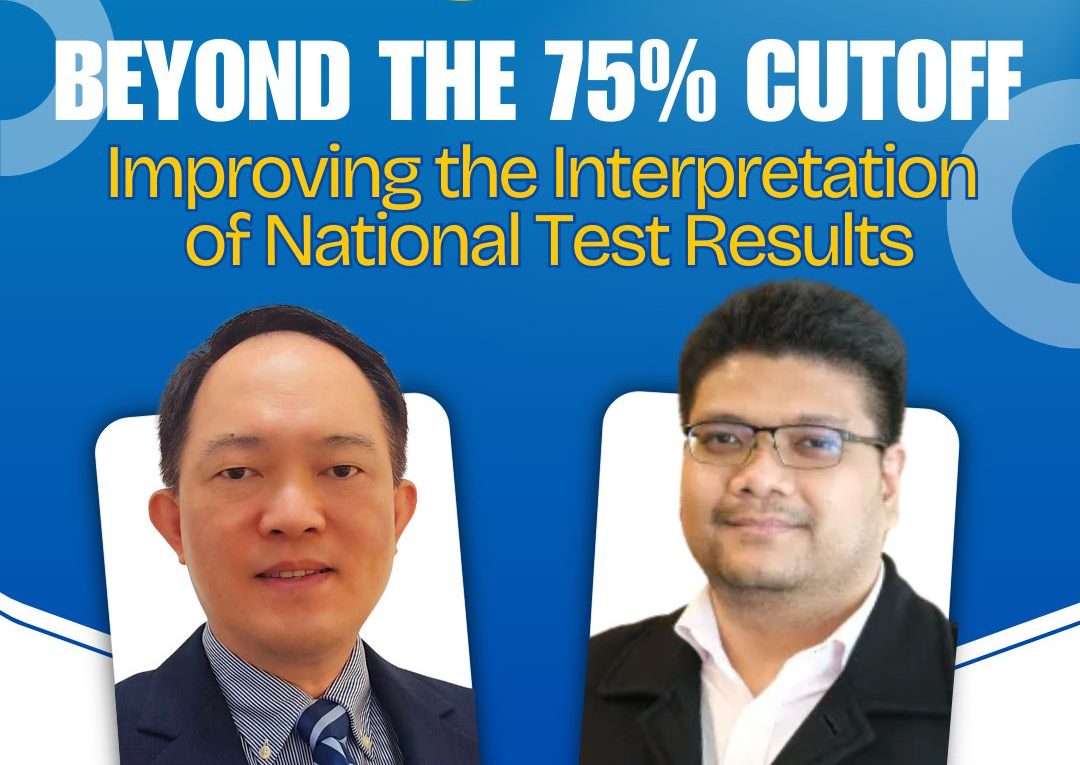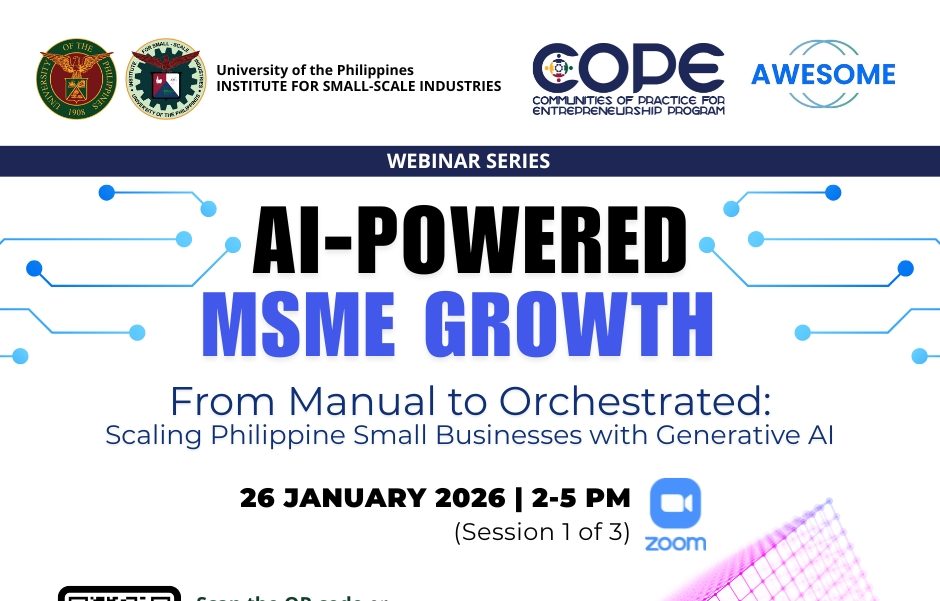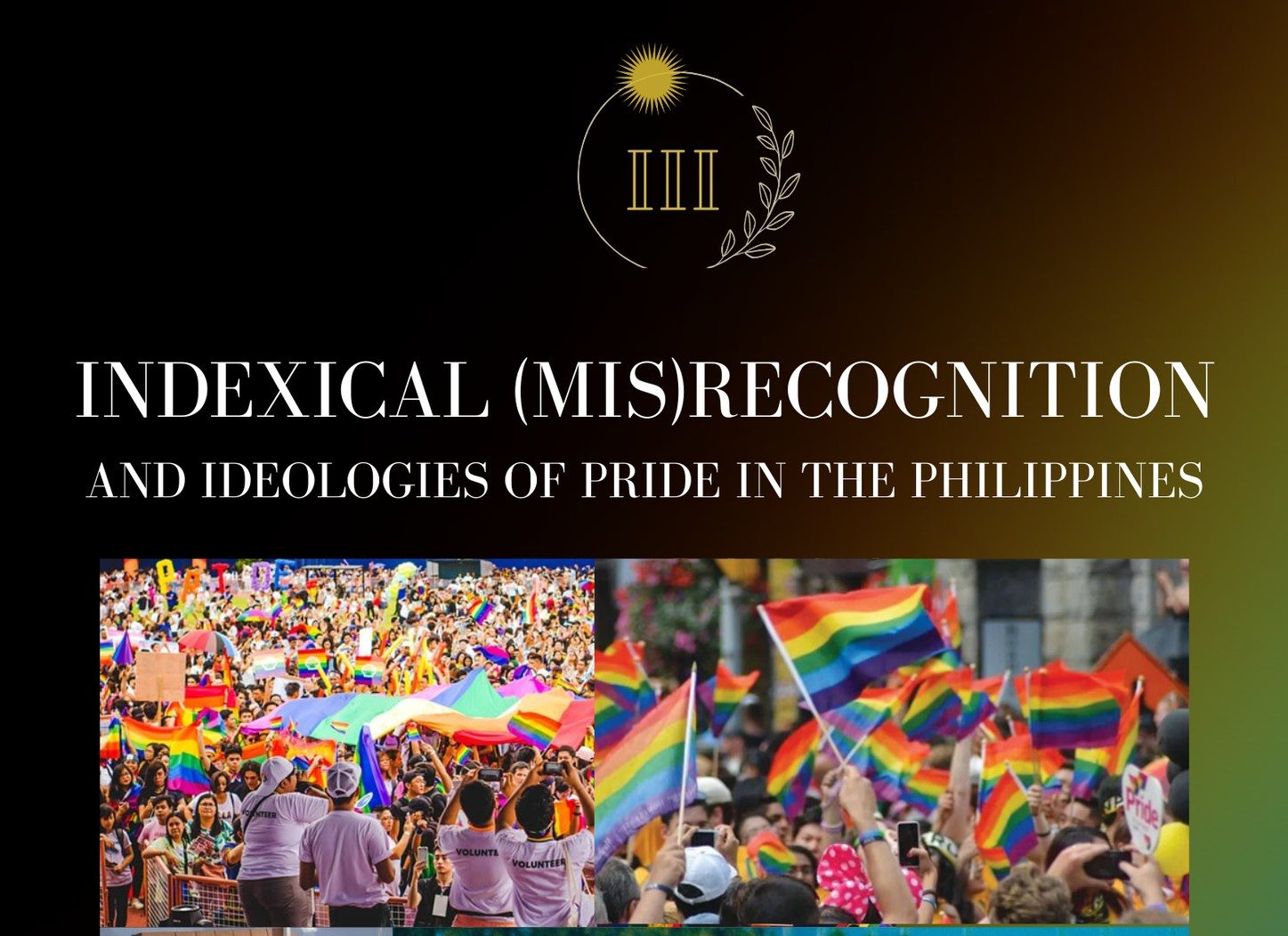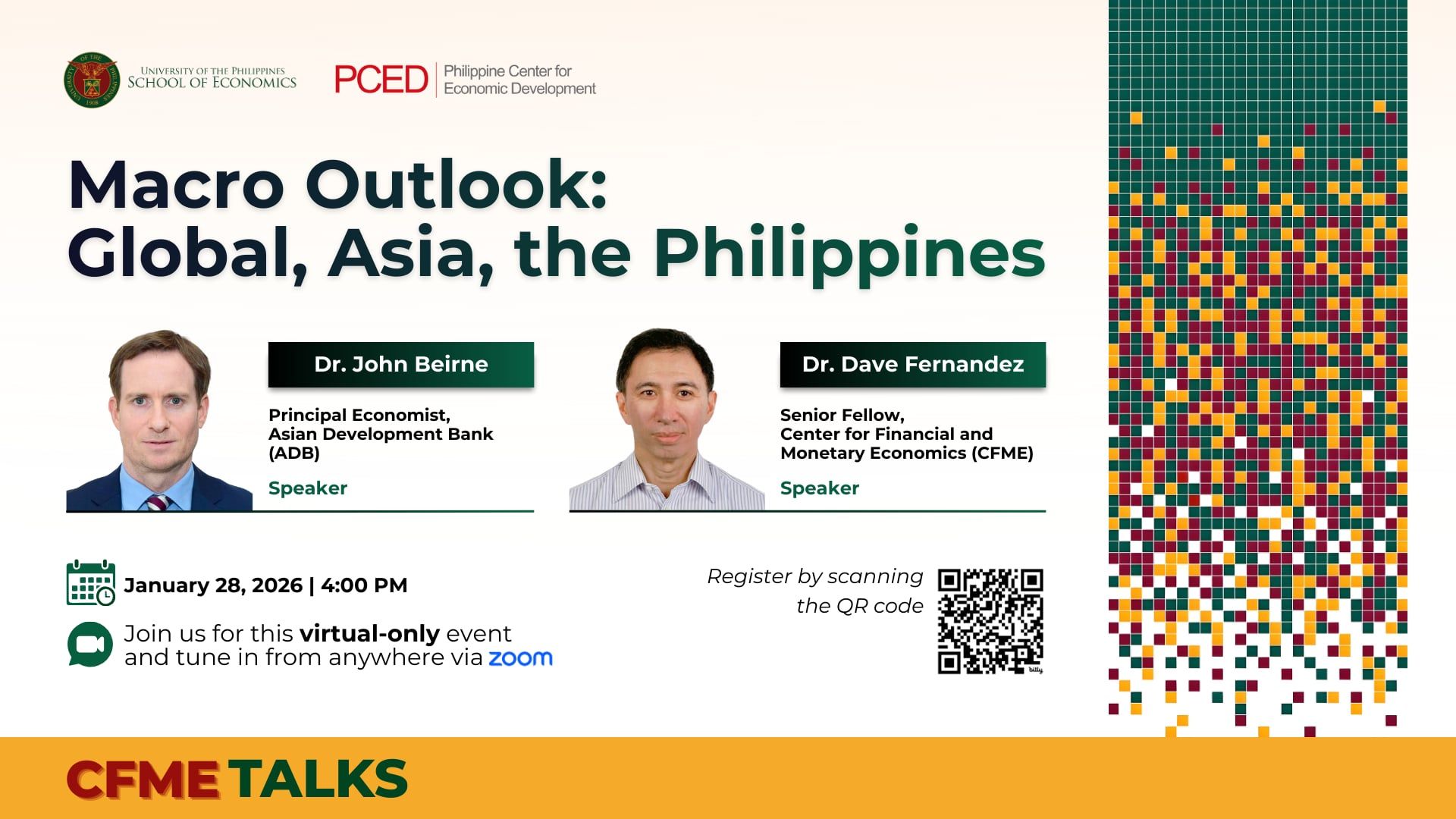Latest News
Latest Dúnong journal, now available
The UP Diliman (UPD) Office of the Vice Chancellor for Student Affairs (OVCSA) launched volume 3 of Dúnong: UPD Journal of Student Research (Dúnong) on Dec. 12 at the Vinzons Hall lobby.
Dúnong Vol. 3 features 13 student research works divided into four categories:…
Saliksik Diwa showcases UPD research, service
Continuing the celebration of the Saliksikhay: Diliman Research, Innovation, Development, and Extension Festival 2025, the day-long symposium Saliksik Diwa was held on Nov. 20 at Aldaba Hall, UP Theater.

